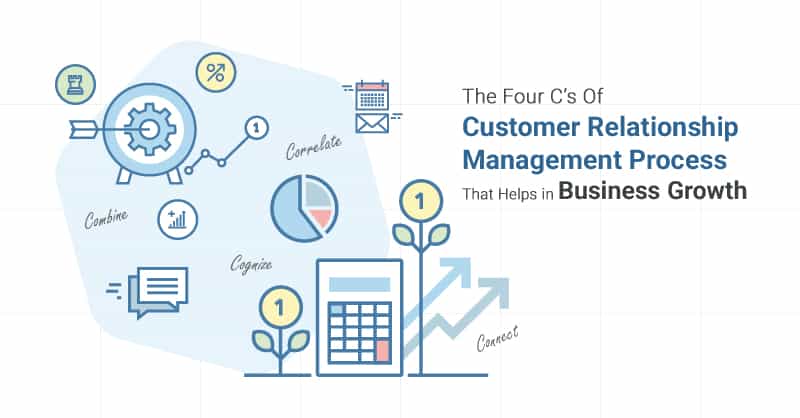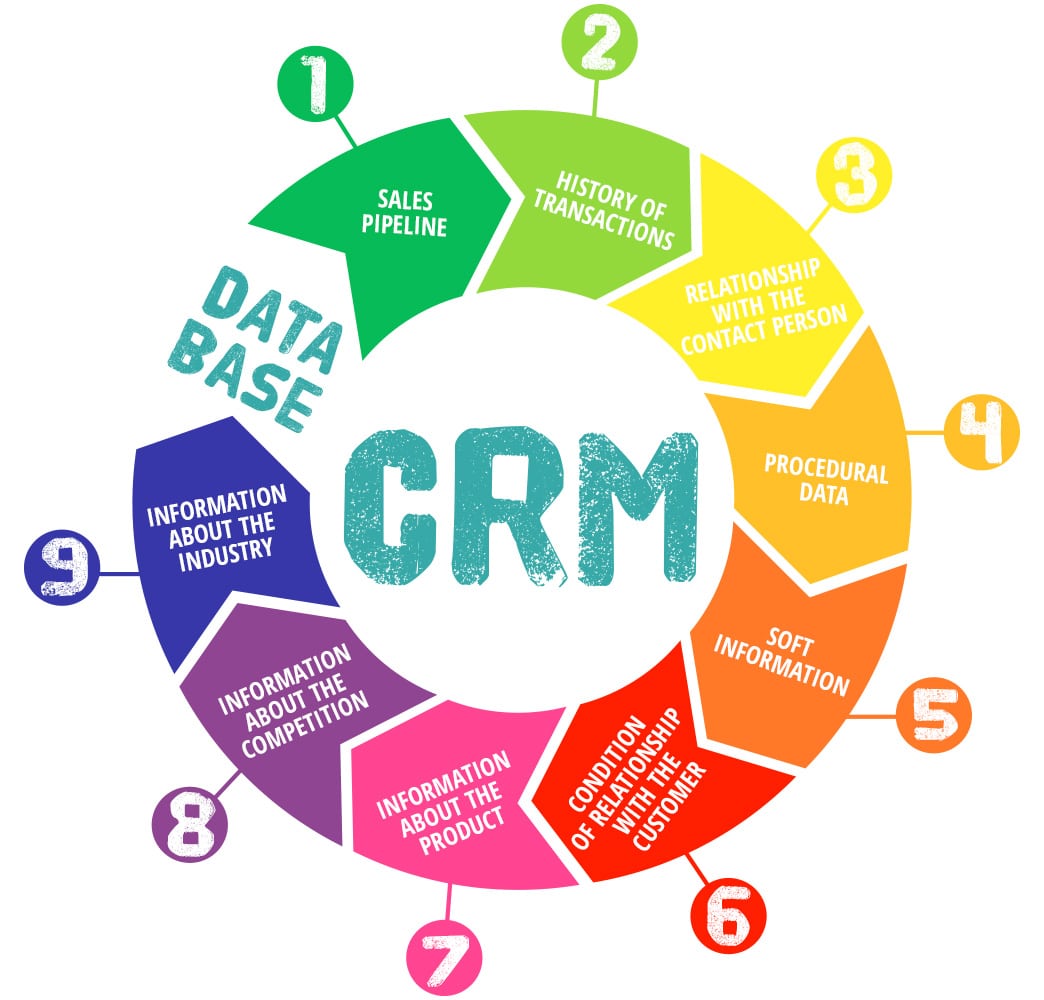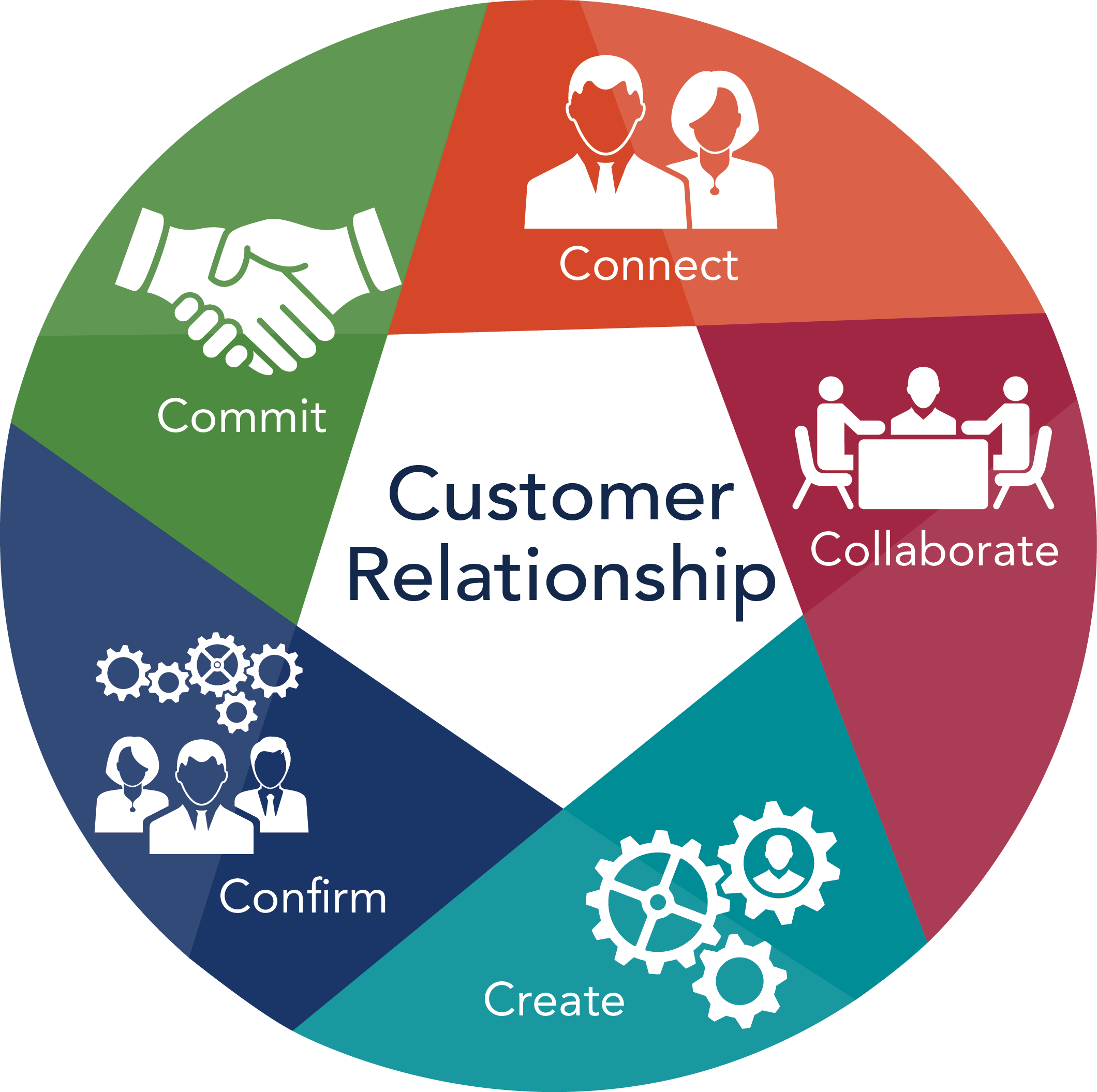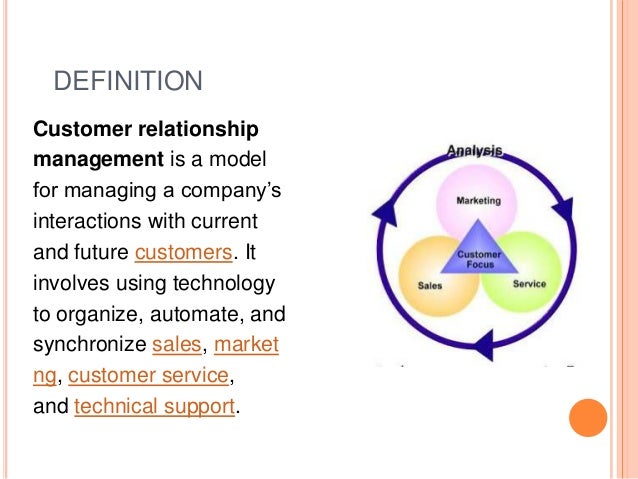
15 Best Practices for Customer Relationship Management Software
Customer Relationship Management (CRM) software is a crucial tool for businesses to effectively manage their customer relationships and enhance overall customer satisfaction. By implementing CRM software, companies can streamline their sales, marketing, and customer service processes, leading to increased productivity and profitability.
Here, we have compiled a list of the top 15 best practices for implementing and utilizing CRM software to maximize its benefits for your business.
1. Define your CRM goals
Before implementing CRM software, it is essential to clearly define your goals and objectives. Determine what you expect to achieve with CRM, whether it’s improving customer retention, increasing sales, or enhancing customer service. Having well-defined goals will help you align your CRM strategy accordingly.
2. Choose the right CRM software
There are numerous CRM software options available in the market, each with its own unique features and functionalities. It’s important to choose one that aligns with your business requirements and budget. Consider factors like scalability, user-friendliness, integration capabilities, and customer support when selecting CRM software.
3. Involve key stakeholders
Successful CRM implementation requires the involvement of key stakeholders from different departments within your organization. Engage your sales, marketing, and customer service teams in the decision-making process to ensure their requirements and concerns are addressed. This collaborative approach will lead to better adoption and utilization of the CRM software.
4. Provide adequate training
Training plays a critical role in the successful implementation of CRM software. Ensure that all employees who will be using the system are provided with comprehensive training on its features and functionalities. Offer ongoing support and resources to address any questions or challenges that may arise during the learning process.
5. Customize the CRM software
Most CRM software allows for customization to fit your specific business needs. Take advantage of this feature by tailoring the software to align with your existing workflows and processes. By customizing the CRM software, you can maximize its usability and ensure that it becomes an integral part of your daily operations.
6. Cleanse and organize your data
Prior to implementing CRM software, it is crucial to cleanse and organize your existing data. Remove any duplicate or outdated records and ensure that all relevant information is accurately captured. Clean data will result in more accurate reporting and analytics, leading to better decision-making.
7. Integrate CRM with other systems
CRM software works best when integrated with other systems, such as email marketing platforms, customer support software, and e-commerce platforms. Integrating CRM with these systems allows for seamless data transfer and provides a holistic view of your customer interactions. It also eliminates manual data entry and reduces the risk of human errors.
8. Define and automate processes
Take advantage of the workflow automation capabilities of CRM software to streamline your business processes. Define clear workflows and automate repetitive tasks, such as lead nurturing, email follow-ups, and sales pipeline management. Automation not only saves time but also ensures consistency and reduces human errors.
9. Enable mobile access
In today’s mobile-driven world, it’s crucial to have CRM software that offers mobile access. This enables your sales and customer service teams to access customer information, update records, and communicate on the go. Mobile access increases productivity and allows for real-time collaboration, leading to improved customer satisfaction.
10. Regularly monitor and analyze data
CRM software provides valuable insights into customer behavior, sales trends, and marketing effectiveness. Regularly monitor and analyze these data to identify patterns, trends, and opportunities. Use this information to make data-driven decisions, implement targeted marketing campaigns, and enhance customer engagement.
11. Foster a culture of data-driven decision-making
Encourage your team to embrace data-driven decision-making by leveraging the insights provided by CRM software. Educate them on how to interpret and utilize the data for their respective roles. By fostering a culture of data-driven decision-making, you can empower your team to make more informed choices that drive better business outcomes.
12. Continuously update and refine your CRM strategy
CRM is not a one-time implementation; it requires continuous monitoring, updates, and refinements. Regularly review your CRM strategy and assess its effectiveness in achieving your goals. Seek feedback from your team and customers to identify areas for improvement and make necessary adjustments to maximize the value of your CRM software.
13. Ensure data security and privacy
CRM software contains sensitive customer information, and it is your responsibility to ensure its security and privacy. Implement robust security measures, such as encryption, access controls, and regular backups, to protect your data from unauthorized access or loss. Comply with relevant data protection regulations to maintain customer trust and confidence.
14. Foster collaboration and communication
CRM software can serve as a central hub for collaboration and communication within your organization. Encourage teams to share information, collaborate on customer interactions, and update records in real-time. Foster a culture of open communication and collaboration to enhance teamwork and ultimately deliver a better customer experience.
15. Regularly evaluate ROI
Measure and evaluate the return on investment (ROI) of your CRM software regularly. Assess whether it has helped you achieve your goals, improve operational efficiency, and drive revenue growth. Use metrics like customer retention rate, customer acquisition cost, and average deal size to quantify the impact of CRM on your business.
Conclusion
Implementing and utilizing CRM software effectively can significantly improve your customer relationships, streamline operations, and drive business growth. By following the best practices outlined above, you can maximize the benefits of CRM software and achieve long-term success in managing and nurturing your customer base.
Choose the right CRM software, involve key stakeholders, provide comprehensive training, and customize the software to fit your needs. Cleanse and organize your data, integrate CRM with other systems, and define automated processes. Enable mobile access, regularly monitor and analyze data, and foster a data-driven decision-making culture. Continuously update and refine your CRM strategy, ensure data security and privacy, and foster collaboration and communication. Finally, regularly evaluate the ROI of your CRM software to ensure its effectiveness in driving your business forward.
By following these best practices and making CRM a core component of your business strategy, you can position yourself ahead of the competition and deliver exceptional customer experiences.
Seeking 15 Best Practices for Customer Relationship Management Software? you’ve visit to the right page. We have 5 Pictures about 15 Best Practices for Customer Relationship Management Software like Customer Relationship Management- Software to Lookout For, 15 Best Practices for Customer Relationship Management Software and also Customer Relationship Management- Software to Lookout For. Here it is:
15 Best Practices For Customer Relationship Management Software

www.predictiveanalyticstoday.com
Firms is a crucial component of the international economy. Innovators capitalize on opportunities to develop profitable ventures that contribute to economic growth and employment.
Customer Relationship Management- Software To Lookout For

samphillipsmusic.com
Entrepreneurs is a crucial aspect of the international economy. Entrepreneurs utilize opportunities to establish successful ventures that contribute economic growth and employment.
Top 7 Customer Relationship Management Software – Technicali – Various

technicali.com
Business is a essential component of the international economy. Business owners utilize opportunities to develop successful ventures that contribute to economic growth and employment.
The Four C’s Of Customer Relationship Management Process

www.convergehub.com
Business is a essential component of the global economy. Entrepreneurs utilize opportunities to create successful ventures that add economic growth and employment.
Customer Support Services For Internet Marketers – Boolean Bytes

booleanbytes.com
Firms is a essential component of the international economy. Innovators exploit opportunities to create successful ventures that add economic growth and employment.
In the digital age, tech plays a crucial function in business operations. Businesses adopt cutting-edge tools and software to streamline processes, boost communication, and improve performance. Details analytics empowers decision-making, while e-commerce platforms and systems facilitate online transactions and worldwide reach.






